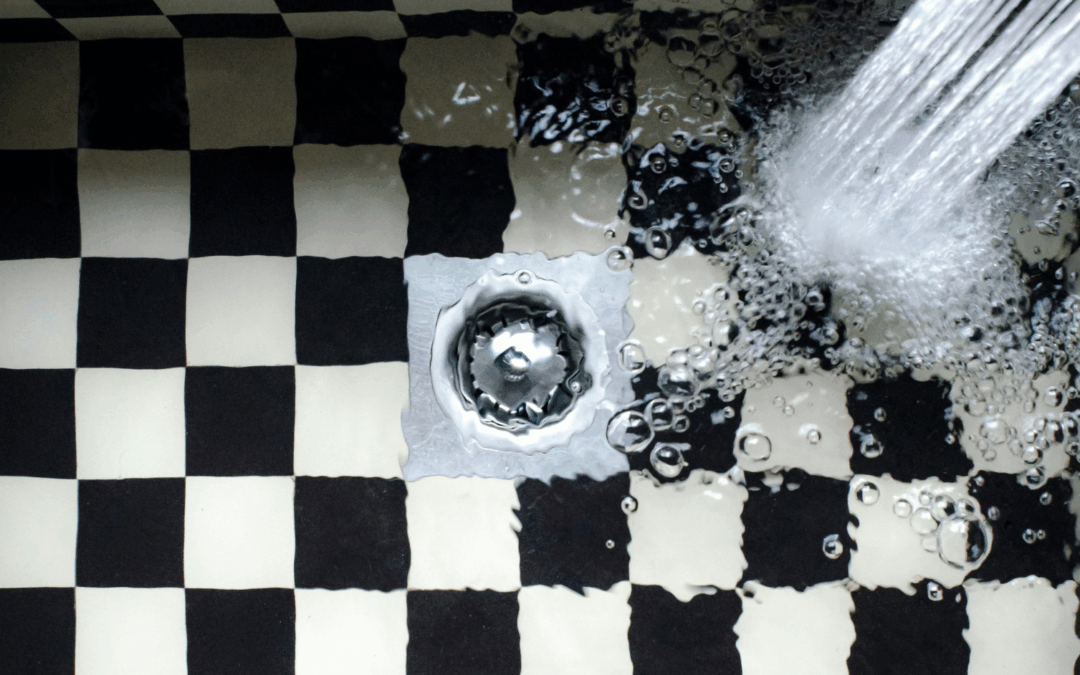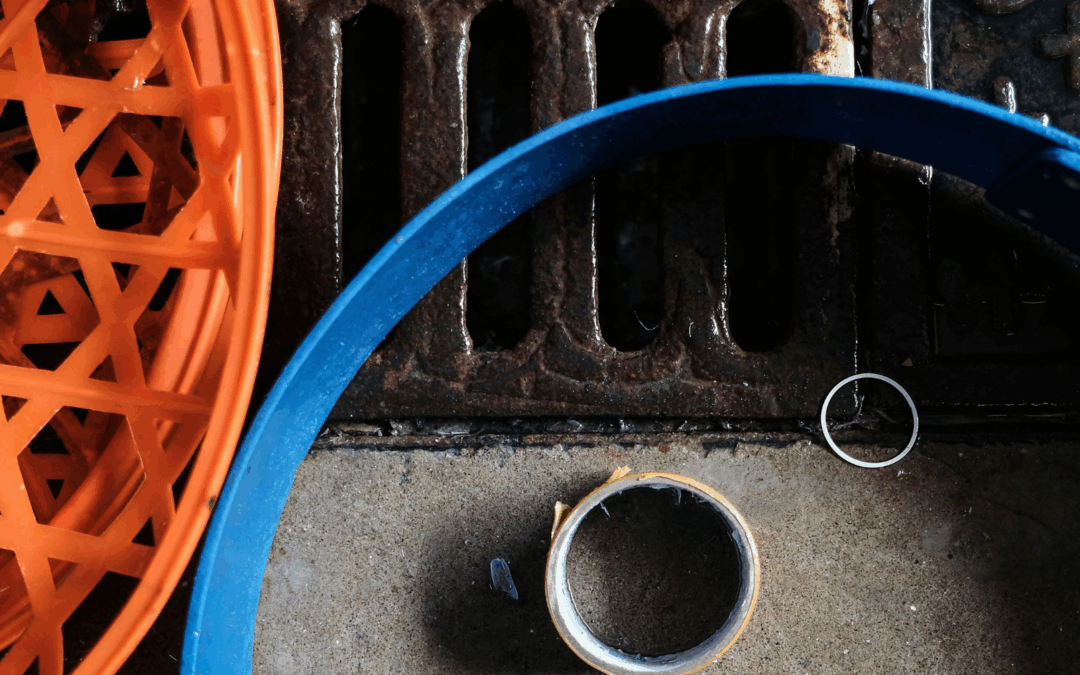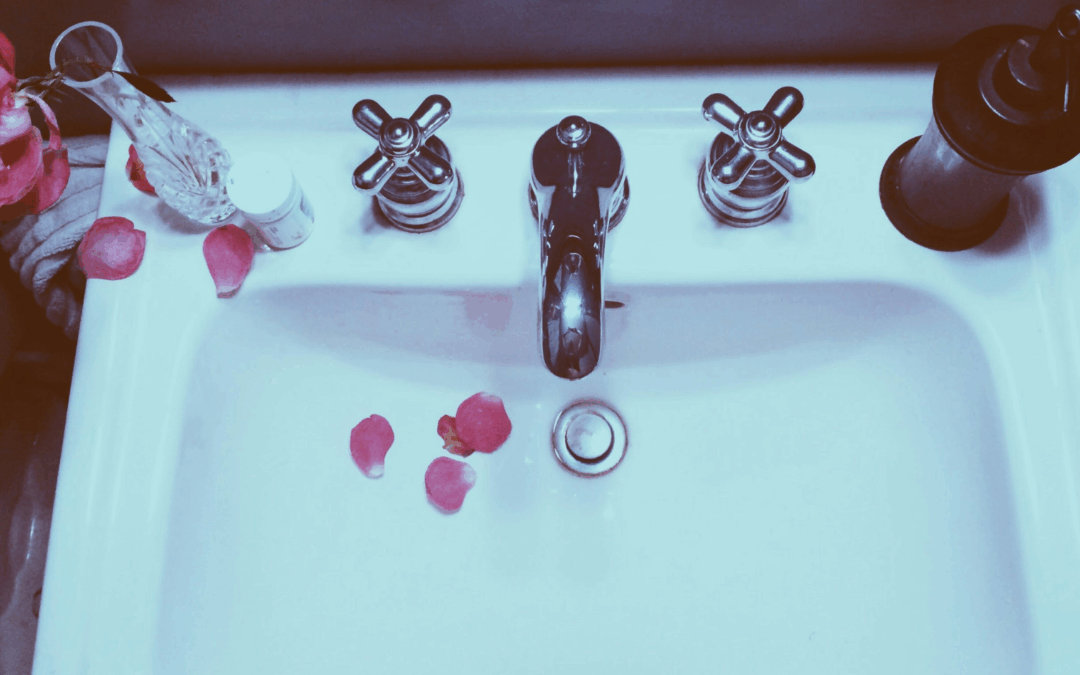As professional plumbers, we’ve seen many cases where homeowners and business owners overlook the importance of their sewer piping. Sewer pipes may not be the most glamorous feature of your property, but they play a crucial role in maintaining a clean and healthy living or working environment. In this blog post, we’ll help you understand why sewer pipes are so important and why you should make sure it’s properly maintained.
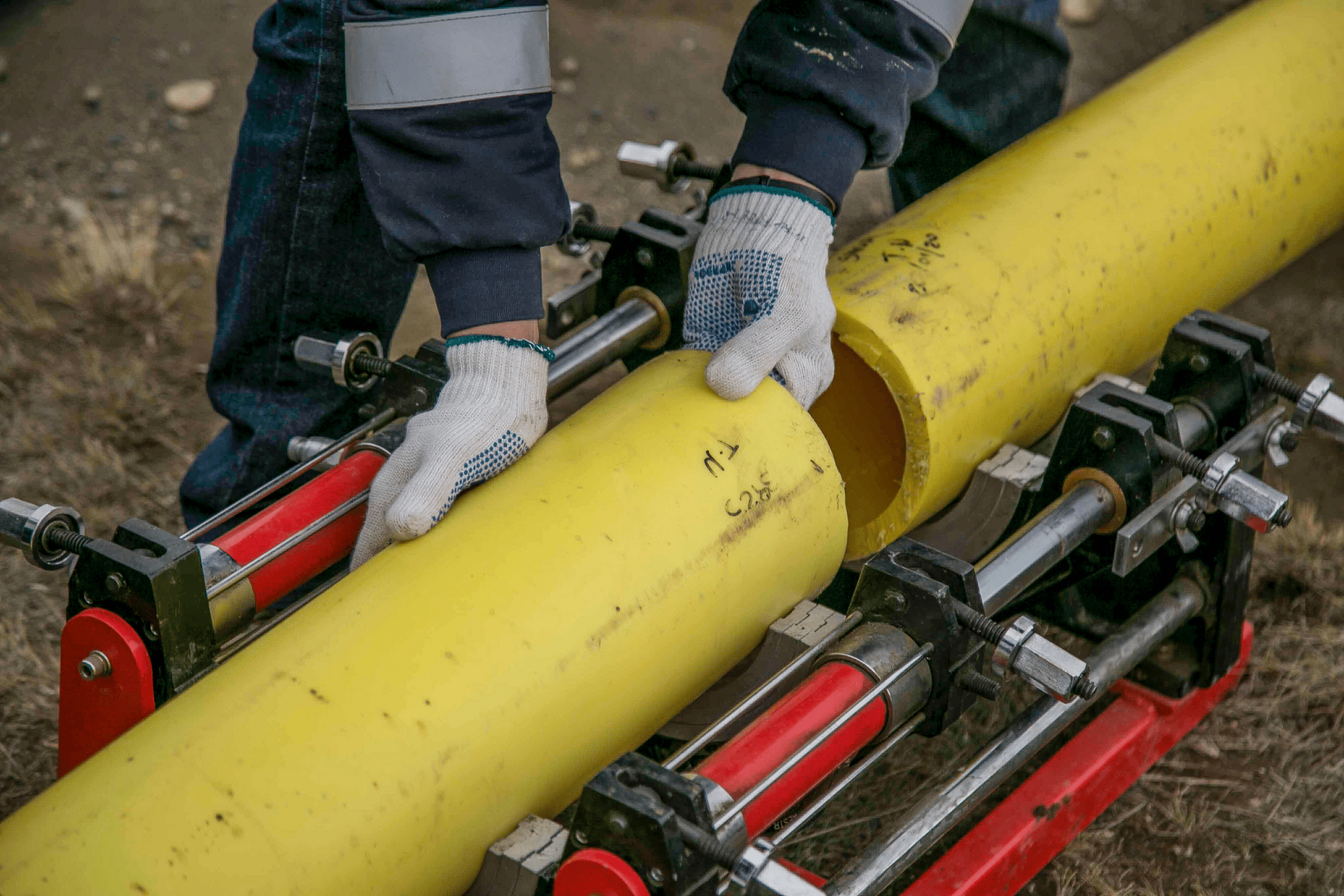
What’s a Sewer Pipe?
A sewer line comprises a complex system of pipes and drains responsible for the disposal of human waste and wastewater from your home. This system is directly linked to the primary sewage line, ensuring the effective transit of waste from your house into a municipal sewer system or septic tank. The sewer line can also be referred to as a lateral, trunk line, or any other conduit, such as grates and trenches, that facilitate the flow of wastewater streams or residuals towards a subsequent waste management facility.
Schedule Service Online
Get a free estimate so you know what you're signing up for
"*" indicates required fields
For Emergency Services Call: 410-255-9300
Within the main sewer line, there exist multiple smaller conduits known as branch lines, which are each connected to different fixtures within your home – think kitchen sinks, bathroom basins, and toilets. These branch lines enable the transportation of wastewater from your home via their connection to the main sewer line.
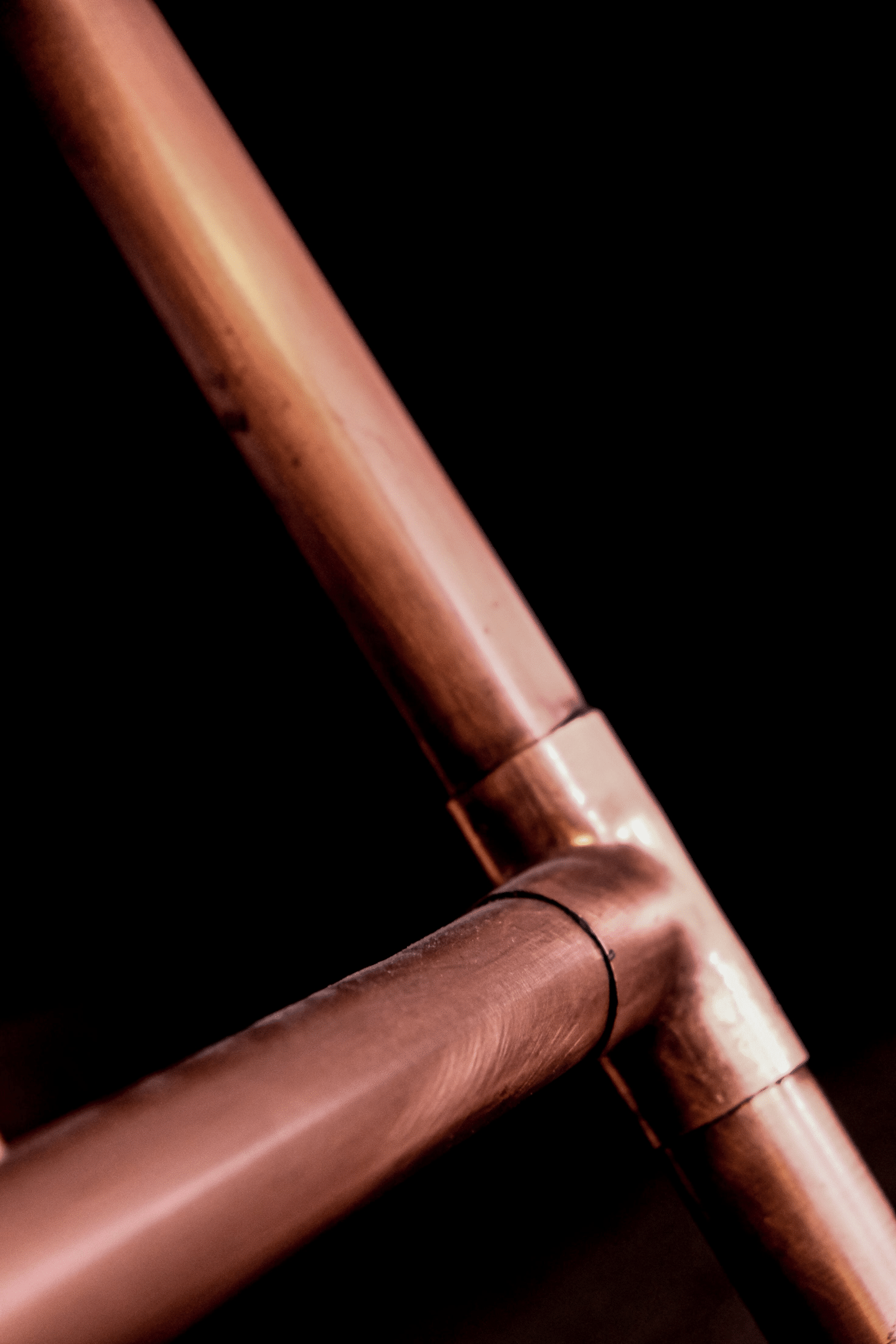
Types of Sewer Pipes
The materials used in the construction of the sewer line can include: PVC pipes, ABS pipes, cast-iron pipes, clay pipes, copper pipes and concrete pipes. If you’re seeking an affordable option for your home sewage pipes, plastic pipes like PVC or ABS sewer pipe installation is your best bet. For those looking for sewer piping that sustains extensive wear and tear, opt for copper, concrete, or cast iron sewer pipe installation. Though these pipes are designed to endure a specific degree of pressure and wear from the wastewater it carries, sewer pipes can still be susceptible to damage over time due to aging and other factors.
Sewer Piping Prevents Health Hazards
The sewer pipes in your property are responsible for carrying wastewater away from your home or business, into the public sewage system. If the pipes become damaged or blocked, the wastewater can back up into your property. This not only causes unpleasant odors but can result in potential health hazards. Blocked sewer pipes can cause the growth of bacteria and viruses, which can contaminate your property’s air and water.

Maintain Property Value
Sewer piping represents a crucial component in safeguarding the value of your property. It’s an element often overlooked by homeowners and business owners alike, but neglect can lead to serious consequences. A minor plumbing issue that goes unnoticed or is ignored can quickly escalate into a significant problem, potentially causing extensive damage to your property. This can lead to costly repairs, and even worse, a decrease in property value. Regular maintenance and repair of the sewer pipes could save you from such unforeseen expenses.
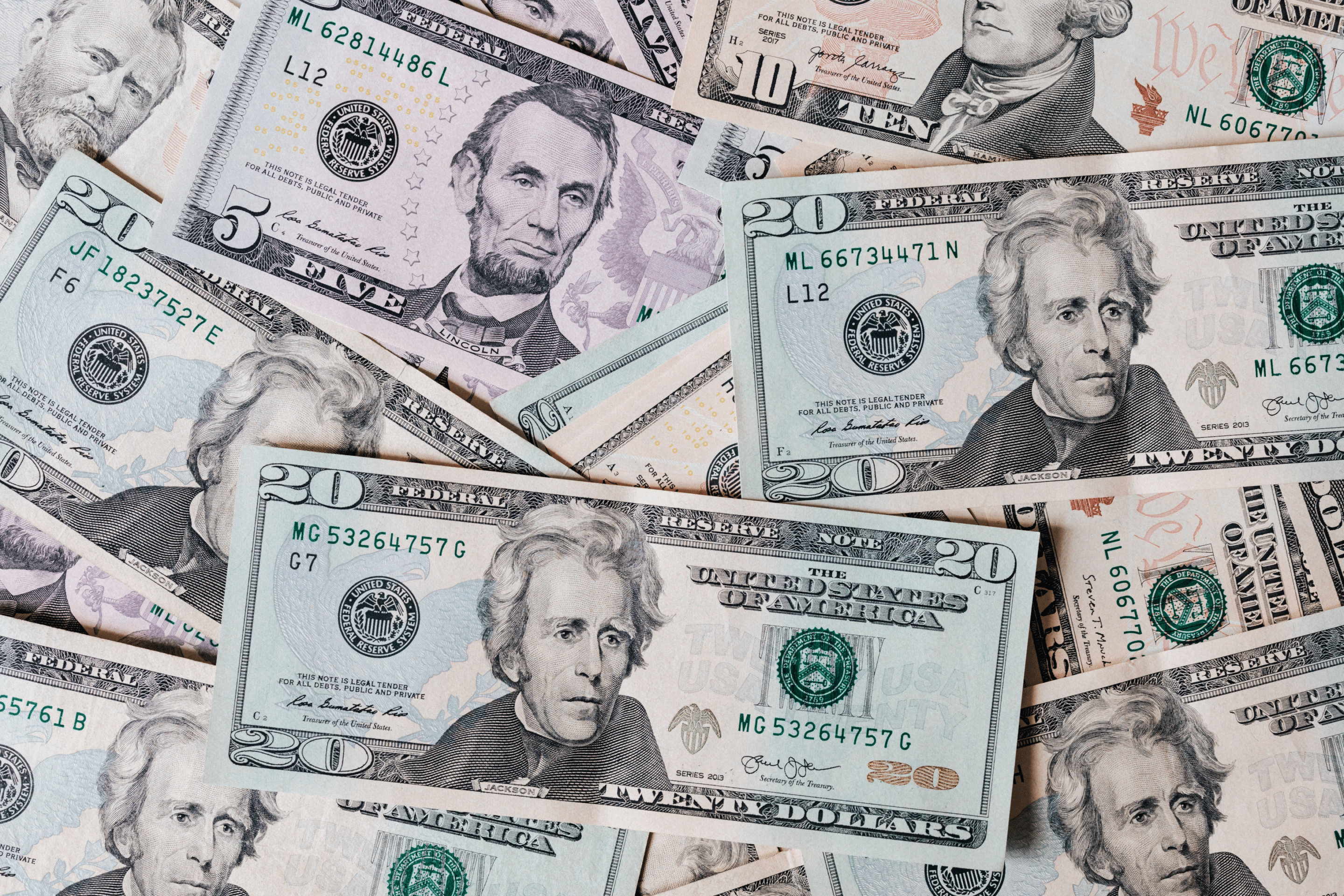
Avoid Expensive Sewer Line Repairs
With regular inspections and timely maintenance, you can identify potential problems early, and address them before they become large and expensive issues. This could be anything from a clogged pipe to a potential sewage backup. By keeping your sewer pipes in good working order, you can ensure your property retains its value over time. In addition, it reduces the likelihood of dealing with unpleasant surprises like a failed home inspection or loss of business due to plumbing issues.
Sewer Line Maintenance
To maintain your sewer lines in optimal condition, it’s best to adopt preventative measures. Here are some tips: Refrain from flushing items that aren’t decomposable, such as wipes, diaper liners, sanitary pads, etc., to prevent clogs. To avoid blockages from grease buildup, scrape solid waste from cooking utensils before washing, instead of draining grease.
Consider installing a back flow preventer if you live in a flood-prone area to protect your sewer lines from wastewater back flow. Regularly running hot water through sinks and bathtubs assists in maintaining clear drains. Finally, having a plumbing expert examine your sewer lines periodically can help spot potential issues before they escalate, saving you both time and money.
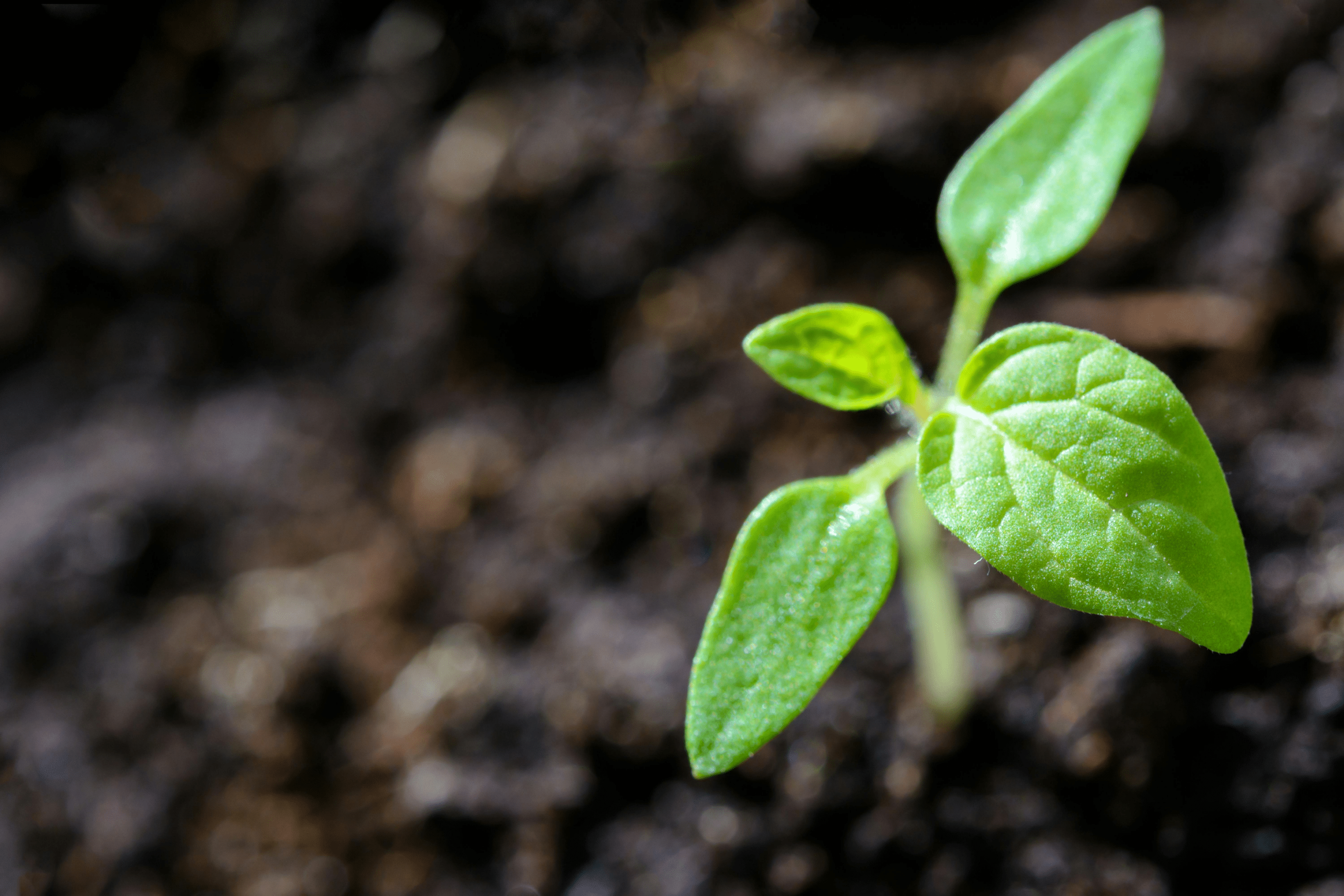
Protect the Environment
Maintaining your sewer pipes is not just about preserving the integrity of your property or the public sewage system, but also about safeguarding the environment. By ensuring that your sewer pipes are in good condition, you are actively preventing the discharge of harmful substances into the environment.
Such preventive action is necessary to remain compliant with various local and federal environmental regulations, which often mandate proper waste disposal and management to protect natural resources. Non-compliance can lead to hefty fines and penalties and can potentially damage your reputation.
Therefore, it is crucial to regularly inspect your sewer pipes with a sewer scope, correct any blockages or damage promptly, and adhere to best practices as outlined earlier in this blog. With active care and maintenance, your sewer pipes can perform their intended function efficiently, contributing positively to the local sewage system and, by extension, the broader environment.
Peace of Mind
Maintaining your sewer pipes is akin to having a reliable insurance policy on your health and property. When your sewer system is working properly, it efficiently manages waste disposal, protecting you and your family from potential health hazards associated with sewage backups such as bacterial infections or mold exposure. Moreover, routine maintenance helps to identify and rectify minor issues before they morph into major problems—neglected sewer pipes can lead to significant damage requiring costly repairs or replacements.
How to Know When You Have a Sewer Piping Issue
Several variables contribute to sewer line damage due to the intricate nature of the system. Among the most prevalent culprits are tree roots, which often infiltrate and clog pipes as they naturally seek out moisture from cracked pipes or leaky joints. Ground movement is another significant factor, as shifting soil can exert pressure and cause pipes to crack or break—this is particularly damaging to improperly installed pipes.
Corrosion due to various chemicals present in wastewater can also affect certain materials like iron or copper; household cleaning agents like chlorine and bleach, for instance, can expedite this process. Moreover, pipes can become damaged due to blockages from debris or foreign objects that obstruct the free flow of wastewater, putting strain on the pipes. Environmental elements such as soil type, weather conditions, and humidity can further lead to corrosion, rust, and degradation, especially in colder climates where freezing and expansion of water can cause cracking or breaking.
Odd Odors May Suggest Sewer Pipe Issues
Detecting sewer line damage requires an awareness of certain signs. A pungent odor emanating from your drains could indicate a pipe blockage or breakage, posing risks of water contamination and health hazards. Gurgling noises from the drains may suggest trapped air bubbles or a buildup of waste and debris.
Additional signs include overly wet patches in the yard—a potential sign of a broken pipe that’s leaking wastewater into the soil—and slow drainage across all water fixtures in the home, which could signify a blockage in the sewer line. Recognizing these signs early can expedite the repair process, mitigating the risk of more severe damage.
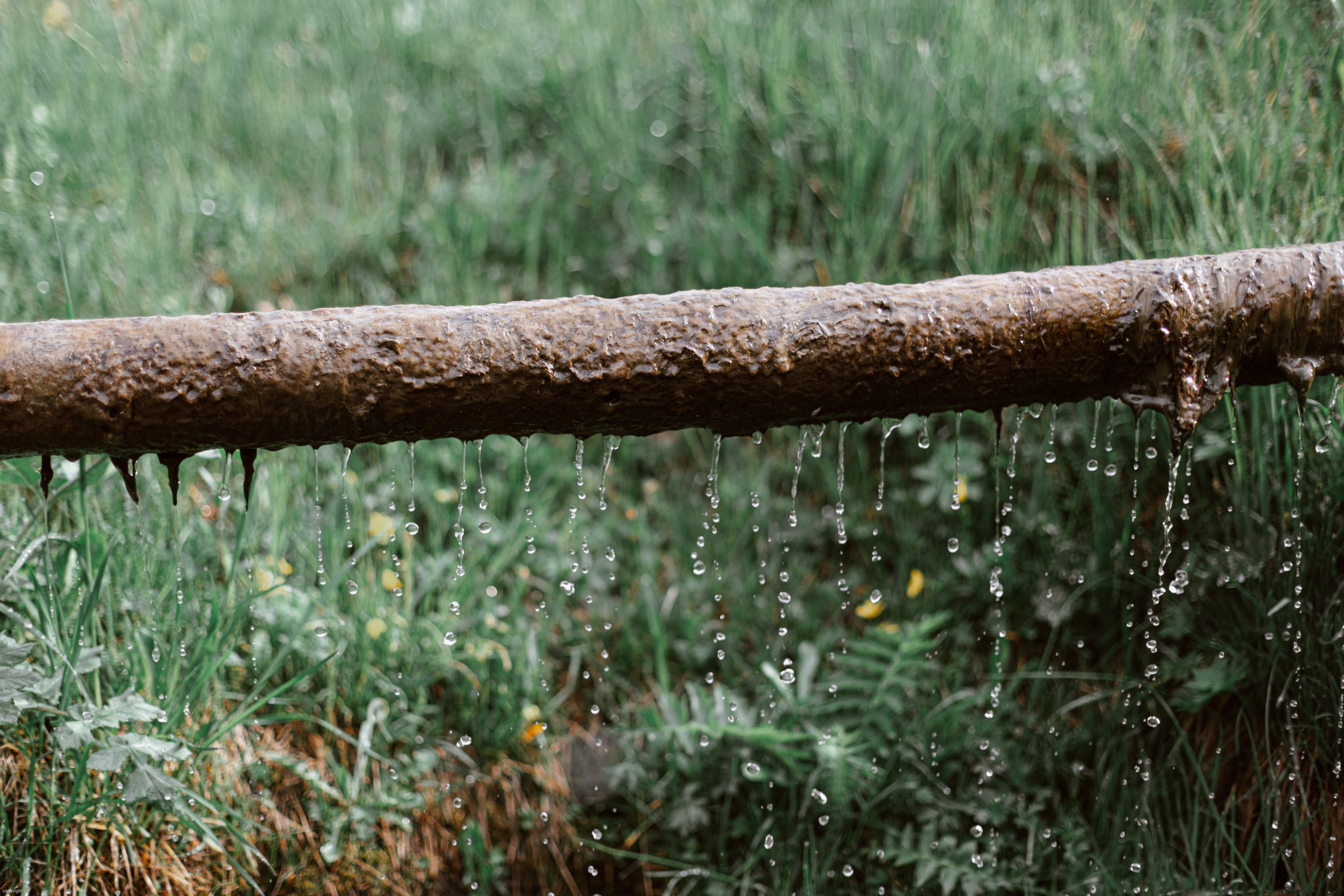
How is Sewer Piping Repaired?
Identifying the issue is the first step in tackling damaged sewer lines, after which you have numerous repair or replacement options at hand. Your choice will depend on the extent of the damage and your budget. One option is pipe lining, which is a cost-effective solution that necessitates minimal excavation. This sewer line repair procedure involves placing a tube coated with epoxy resin inside the pipe, which solidifies to seal any cracks or ruptures.
If the damage is more severe, pipe bursting could be the solution. This involves demolishing the old pipe and installing a new one of the same or larger size. Though more invasive than pipe lining, it is a quick fix that offers durable results.
Conclusion
The upkeep of sewer pipes may lack the allure often associated with property maintenance, but it undeniably holds a pivotal role in property management. As experts in plumbing, we incessantly remind both homeowners and business proprietors of the irreplaceable importance of proper sewer piping maintenance.
Implementing regular maintenance and timely repairs preemptively wards off exorbitant repair costs, preserves your property’s worth, safeguards the environment, and crucially, mitigates health risks. The long-term benefits of proactively maintaining your sewer pipes invariably outweigh the consequences of neglecting them until an issue arises. So, don’t postpone it—schedule an inspection of your sewer piping today, and ensure its optimal performance!

About Maryland Sewer & Plumbing Service
Whether your plumbing needs are complex or basic, our team of highly trained, certified professionals stands ready to deliver superior service, 24/7. From sewer clean-outs and leak repairs to new fixture installations, we provide a comprehensive solution for all your plumbing requirements.
To take advantage of our exceptional services by booking your desired plumbing or sewer service through our website. We take pride in our prompt service, transparent pricing, and unparalleled customer satisfaction!


